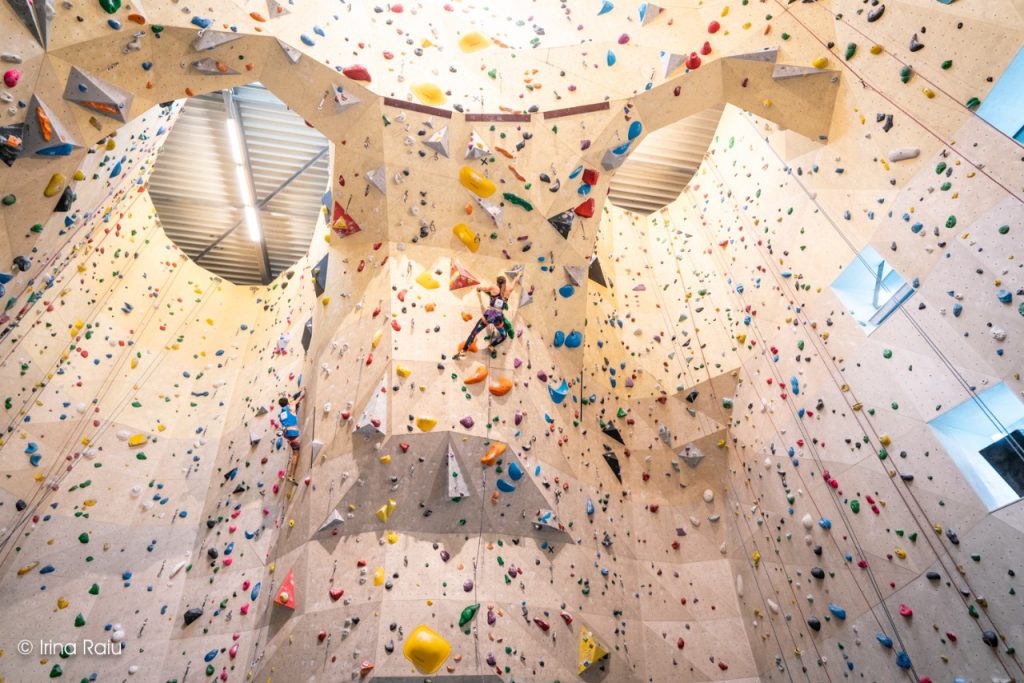Hiking programs present organized understanding experiences for individuals desperate to explore the straight world. These programs focus on climbers of all degrees, from beginners taking their first steps on the wall to professional experts seeking to improve their skills or tackle new challenges. On average, climbing programs were created and light emitting diode by skilled instructors who impart their information, knowledge, and passion for hiking to participants.
The curriculum of a climbing course frequently addresses a wide range of matters required for safe and enjoyable climbing. Novices may understand simple abilities such as for instance tying troubles, belaying practices, appropriate gear usage, and fundamental hiking movement. Intermediate classes may explore in to more advanced matters like cause climbing, anchor making, course studying, and risk management. Sophisticated programs may focus on particular techniques for several types of hiking, such as for example trad hiking, activity hiking, or bouldering, along with sophisticated relief and self-rescue skills.
Hands-on exercise is a main part of hiking programs, letting members to apply what they’ve realized in a managed environment under the advice of instructors. Climbing gyms, outdoor crags, and specialized instruction facilities offer an ideal sites for useful ability development. Players receive individualized feedback and teaching from instructors, supporting them improve their techniques and build confidence on the wall.
Beyond complex skills, climbing programs often highlight essential elements such as for example climbing integrity, environmental stewardship, and chance assessment. Individuals learn about Leave No Trace maxims, responsible outside behavior, and the importance of keeping hiking parts for future generations. Moreover, they gain ideas to the mental aspects of hiking, such as for example goal setting, overcoming anxiety, and sustaining focus and concentration throughout complicated climbs.
Many hiking classes also offer possibilities for community creating and camaraderie among participants. Hiking is inherently a social task, and programs supply a supportive environment wherever climbers can connect, reveal experiences, and motivate each other to drive their limits. Whether it’s cheering on a fellow climber as they handle a hard route or celebrating successes together at the end of the course, the feeling of camaraderie fosters a powerful feeling of belonging within the hiking community.
Protection is paramount in climbing, and hiking programs prioritize training individuals just how to evaluate and mitigate risks effectively. From correct gear inspection and preservation to emergency procedures and transmission methods, individuals learn important safety techniques that are critical for a safe hiking experience. Instructors generate a culture of security understanding and allow players to produce informed conclusions while hiking independently.
Climbing courses usually offer a pathway for individuals thinking about pursuing hiking as a vocation or getting certified instructors themselves. Accreditation programs and kurs wspinaczki possibilities give aspiring instructors with working out and guidance they should teach hiking skills successfully and responsibly. Through a variety of class instruction, sensible knowledge, and mentorship, players gain the information and confidence to lead hiking courses and reveal their passion for hiking with others.

To sum up, hiking programs present useful understanding experiences for climbers of most degrees, giving a organized pathway for ability development, personal growth, and neighborhood engagement. Whether it’s learning fundamental techniques, improving sophisticated skills, or using a career in climbing training, individuals benefit from expert training, hands-on practice, and a encouraging learning atmosphere that fosters a ongoing love for climbing.
